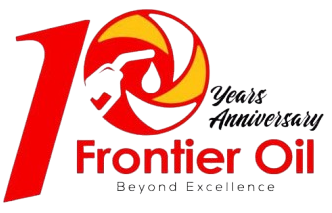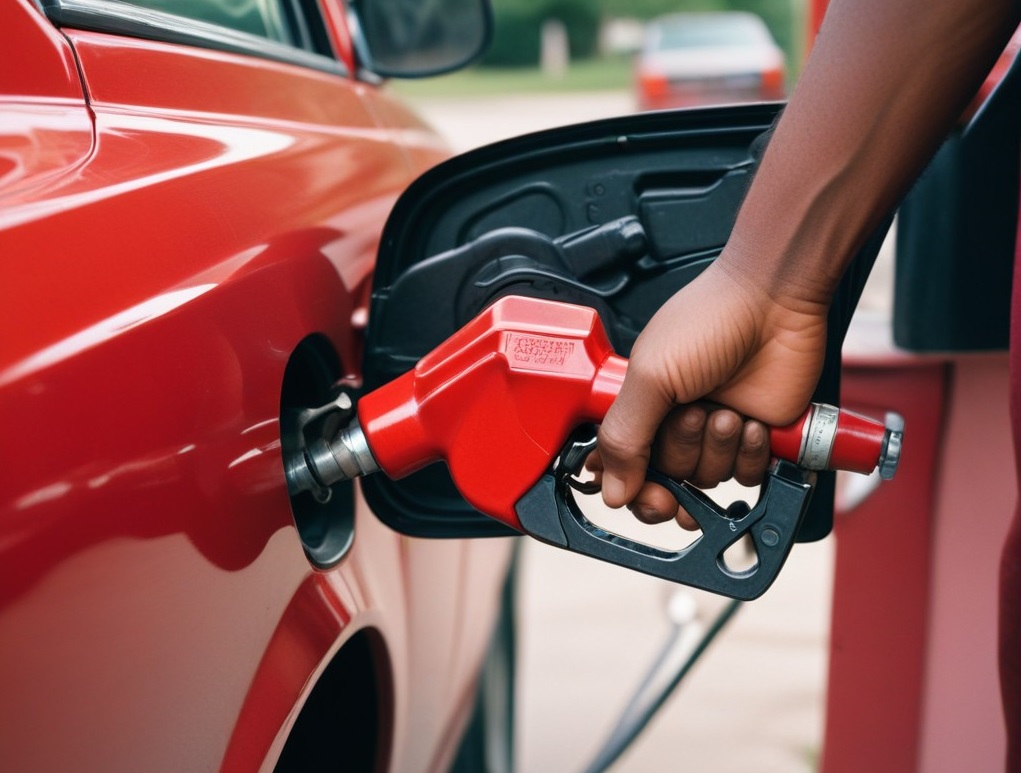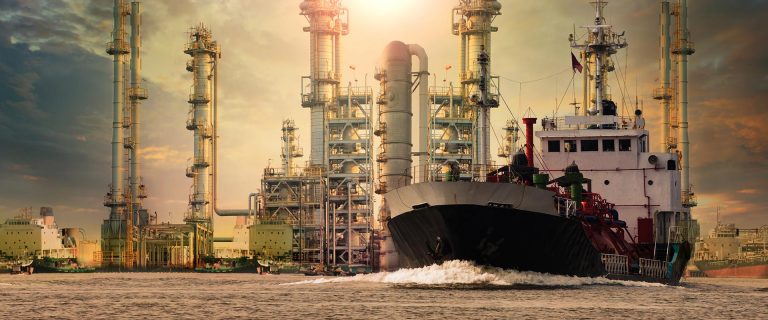Ensuring the safe handling of fuel, whether it’s during transportation, storage, or dispensing, is critical for the safety of personnel, the public, and the environment. The inherent risks associated with fuel, due to its flammability, toxicity, and environmental impact, necessitate stringent safety protocols.
Transportation Safety
When transporting fuel, it’s essential to use vehicles and containers that are approved for the specific type of fuel. Drivers should be trained in safe handling and emergency response procedures. It’s also crucial to adhere to transportation regulations, which may include route planning to minimize the risk of accidents in populated areas.
Storage Safety
Fuel should be stored in designated containers or tanks that are secure and away from potential ignition sources. Regular inspections are necessary to ensure the integrity of these storage systems. Additionally, “Flammable” and “No Smoking” signs should be clearly displayed to alert personnel and visitors of the hazards.
Dispensing Safety
During fuel dispensing, operators must use approved equipment and follow established procedures to prevent spills and overflows. Personal protective equipment, such as gloves and goggles, should be worn to minimize exposure to harmful vapors or liquid fuel.
Emergency Preparedness
Emergency response protocols should be in place to address potential fuel spills, leaks, or accidents. This includes having spill response kits, fire extinguishers, and grounding equipment readily available. Training in emergency evacuation procedures and the use of fire safety equipment is also vital.
By following these safety protocols, we can significantly reduce the risks associated with fuel handling and contribute to a safer working environment. For more detailed guidance on fuel safety standards and precautions, professionals can refer to industry-specific resources and regulatory guidelines. Remember, safety is everyone’s responsibility, and adherence to these protocols can save lives and protect the environment.







